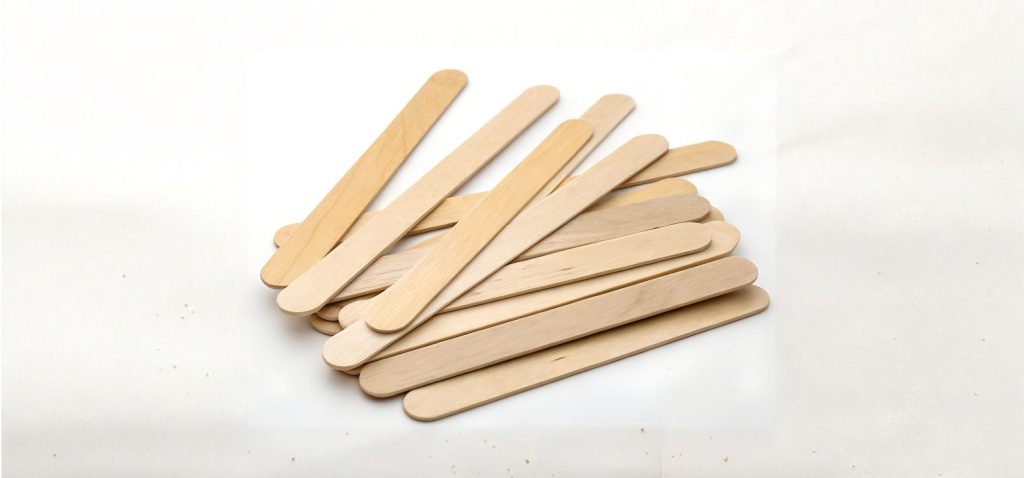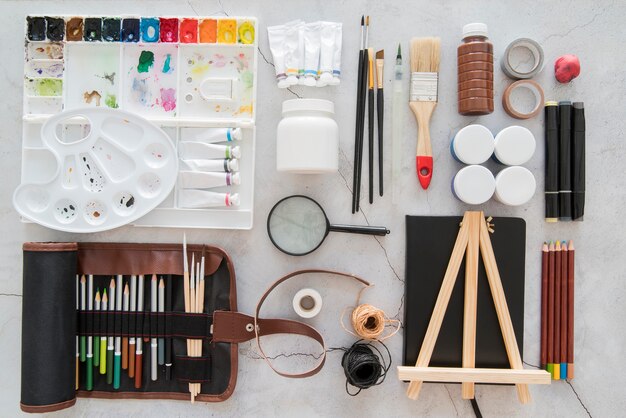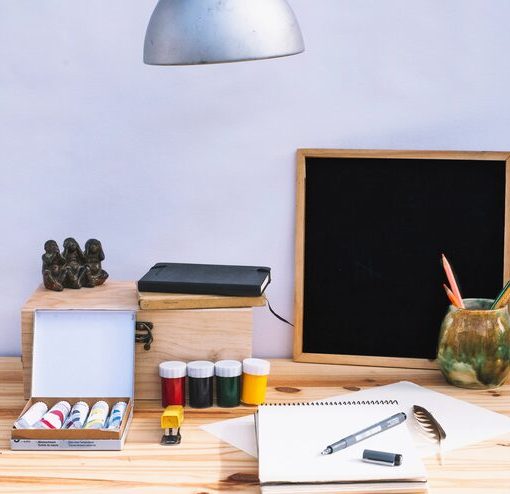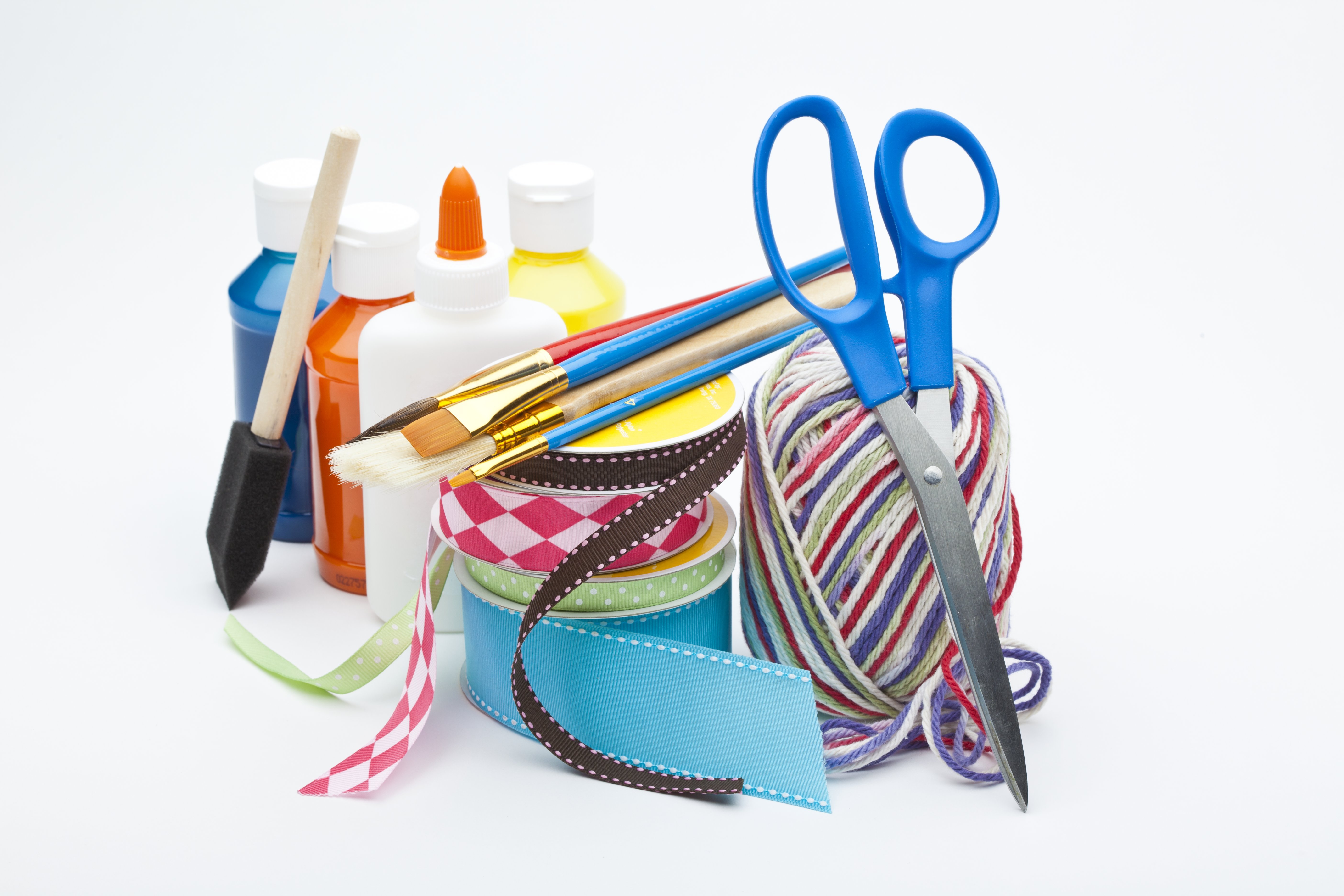Every day, we use small items like coffee stirrers, cotton swabs, and ice cream sticks without giving them much thought. But did you know that many of these are made from plastic and can take hundreds of years to decompose? This daily habit quietly adds to the world’s plastic waste problem.
That’s where biodegradable wooden sticks step in as a smarter choice. Made from natural wood, they are safe, sturdy, and return to the earth without leaving harmful traces behind. From healthcare to hospitality, and even simple crafts at home, wooden sticks offer a practical and eco-friendly alternative.
In this guide, we’ll explore what biodegradable wooden sticks are, their different types and uses, why they are better than plastic, how they are made, and why more people are choosing them today.

What Are Biodegradable Wooden Sticks?
Biodegradable wooden sticks are small, natural tools made from sustainably sourced wood. Unlike plastic sticks, they break down naturally when disposed of, making them a better choice for the environment. Since they are made from renewable resources, they help reduce plastic waste and carbon footprint.
These sticks come in different shapes and sizes depending on the use. For example, wooden applicator sticks are used in the medical and beauty industries, while simple wooden stirrers are common in cafes and restaurants. What makes them special is that they are safe, hygienic, and completely biodegradable.
Types and Common Uses
Biodegradable wooden sticks are highly versatile and serve many industries. Here are some of the most common types and uses:
- Coffee Stirrers – Found in cafés, restaurants, and offices, these sticks are perfect for mixing hot drinks without melting like plastic stirrers.
- Ice Cream Sticks – A safe and fun choice for kids and adults, commonly used in frozen desserts.
- Cotton Swab Sticks – Made with wood instead of plastic, these are used in both households and healthcare.
- Wooden Applicator Sticks – Essential in beauty salons, spas, and medical practices for applying creams, wax, or ointments.
- Craft Sticks – Used in schools, art projects, and DIY activities, offering a safe option for children and creators.
- Gardening Sticks – Small wooden sticks also work as natural plant markers or seed supports in home gardens.
These simple tools show how one eco-friendly choice can be useful in many aspects of daily life.
Benefits Over Plastic Sticks
Switching from plastic to biodegradable wooden sticks offers many advantages:
- Eco-Friendly – Wooden sticks decompose naturally, while plastic lingers in the environment for centuries.
- Safe for Health – Unlike plastic, wood does not release harmful chemicals when used in hot drinks or medical applications.
- Strong and Durable – Wooden sticks are sturdy, making them reliable for multiple uses.
- Hygienic – Smooth and splinter-free designs ensure safety, especially in healthcare and food industries.
- Cost-Effective – When bought in bulk, wooden sticks are affordable and widely available.
- Better Brand Image – Businesses that use biodegradable options show responsibility towards the environment, which customers appreciate.
By making a small switch to wooden sticks, both individuals and companies contribute to a cleaner, healthier planet.
How They Are Made
The production of biodegradable wooden sticks is simple yet efficient. It usually involves these steps:
- Sourcing the Wood – Sustainable forests are used to supply safe and renewable wood materials.
- Cutting and Shaping – The wood is cut into small sizes and shaped into sticks according to their purpose, such as flat stirrers or rounded applicators.
- Polishing – To ensure safety, the sticks are smoothed and polished, making them splinter-free.
- Sterilisation – For medical and food-use sticks, sterilisation is done to maintain hygiene.
- Packaging – Finally, the sticks are packed in bulk or retail packs, ready for distribution.
The process ensures that every stick is safe, eco-friendly, and ready to replace plastic alternatives.
Why Choose Wooden Sticks
Choosing biodegradable wooden sticks over plastic is not just about convenience; it is about responsibility. They reduce waste, protect the planet, and provide a safer option for food, healthcare, and everyday use. Whether you are a café owner, a healthcare professional, or a parent looking for safe craft supplies, wooden sticks are a reliable choice.
As more people become aware of the dangers of plastic pollution, wooden sticks are growing in demand. From wooden applicator sticks in clinics to stirrers in coffee shops, these small tools carry big benefits for our environment.
Conclusion
In today’s world, where plastic pollution is a major problem, shifting to biodegradable alternatives is a simple but powerful step. Biodegradable wooden sticks prove that eco-friendly choices can also be practical, affordable, and safe. By making this switch, we protect our environment while enjoying the same comfort and usefulness in everyday life.
At the same time, choosing the right supplier is just as important. Livingstone International stands as Australia’s trusted supplier for businesses, households, and government sectors. With over 65,000 products meeting Australian, European, and American standards, they are your one-stop solution for hospitality, education, health, beauty, first aid, office, cleaning, packaging, and more. Shop now!



